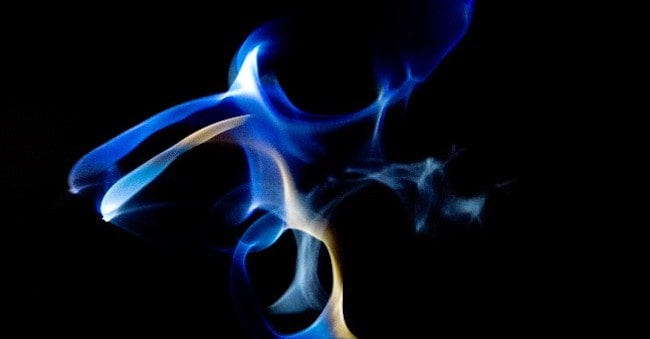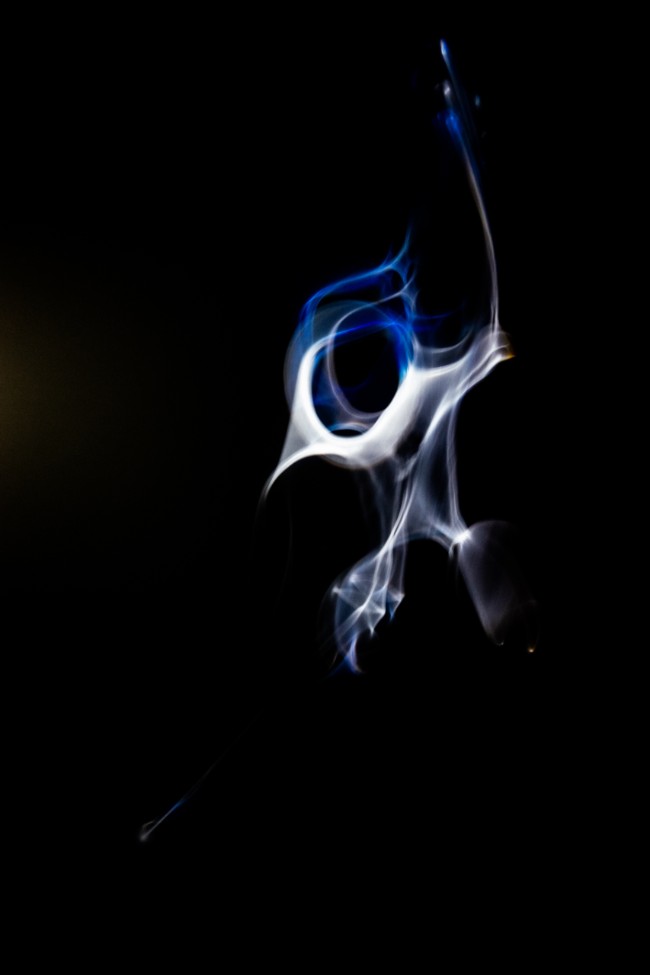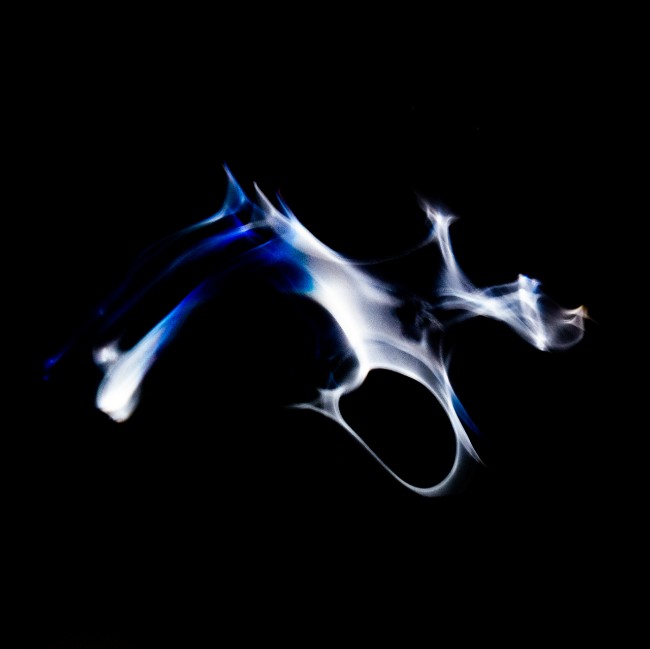Paul Valéry: Poetry in a Time of Dislocation


In this time of pandemic and great social and economic dislocation and pain, the place for art is critical. Art can soothe us but, more importantly, it can remind us that the love of ideas and beauty and the persistence of a humane spirit still matter. In fact, they may save us.
This month, I have been reading some of the great French poets and I propose to share them with you. In this series, I will choose one poem from each of my favorite poets and translate it for you. These poems will be illustrated with some of my fine art photography. I hope they bring you peace and joy. (Click here for previous installments: Charles Baudelaire and Guillaume Apollinaire.)
In the third essay, I bring you Paul Valéry. He was a polymath: a great symbolist poet, a philosopher, a prodigious diarist, a cultural ambassador. His poems are complex with cascading images, each beautiful but hard to translate. The work is worth the effort. Sometimes Valéry reaches the heights and it is a joy to see them through his eyes.

Photo: Fern Nesson
I especially appreciate Valéry for his insight about art. One phrase from his diary, Cahiers, impresses me deeply: “Seeing is forgetting the name of what one sees.”
As an abstract photographer, I find truth in this phrase. Abstraction seeks the essence, not the specific object. Too closely identifying an object with its “real” assigned function in the world can blind us to that essence, leaving us unable to see the deeper meaning of the scene before us. (And, as in art, so, too, in life.)
Valery’s lovely poem, “La Ceinture,” brims with metaphor and beautiful poetic images. Enjoy!
La Ceinture (1922)
Quand le ciel couleur d’une joue Laisse enfin les yeux le chérir
Et qu’au point doré de périr Dans les roses le temps se joue,
Devant le muet de plaisir Qu’enchaîne une telle peinture, Dans une Ombre à libre ceinture Que le temps est près de saisir.
Cette ceinture vagabonde
Fait dans le souffle aérien
Frémir le suprème lien
De mon silence avec ce monde…
Absent, présent… Je suis bien seul, Et sombre, ô suave linceul !

Photo: Fern Nesson
My Translation
At the golden dying hour of twilight when the sky turns rose pink
and at last permits the eyes to admire it
Then, mute with pleasure,
a scene captures me:
the shadow of a woman, her sash trailing, caught by the wind.
That drifting sash,
feather-light and tremulous,
forms my only connection to this world.
Absent or present, I am all alone and melancholy… oh beautiful shroud!
Lead photo credit : Photo: Fern Nesson



REPLY